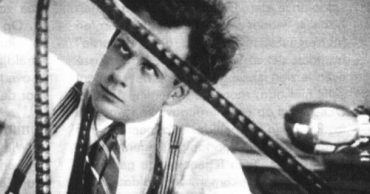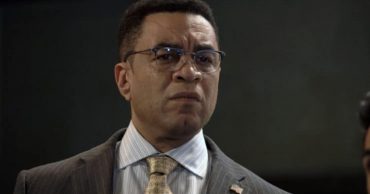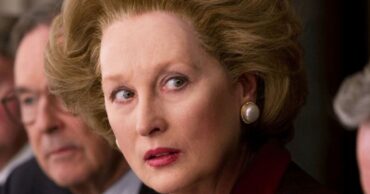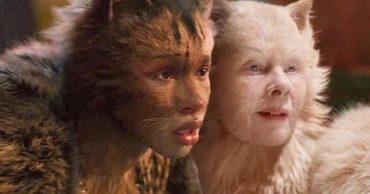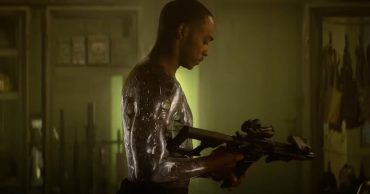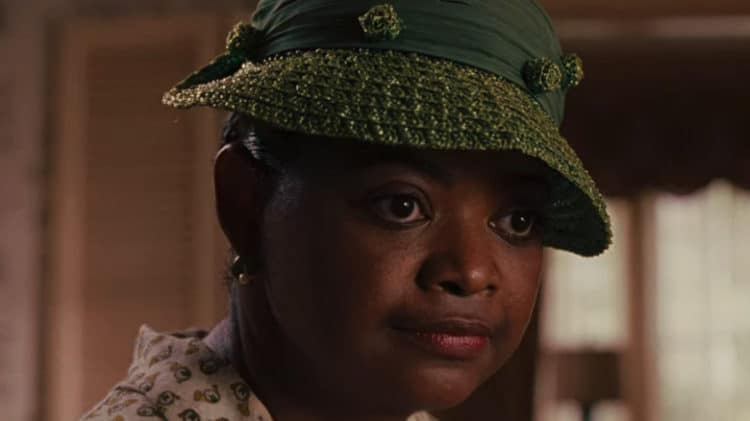
One of the biggest surprises to come out of 2011 was The Help, featuring Emma Stone (Easy A, La La Land), Viola Davis (Widows, Fences), Octavia Spencer (Hidden Fences, Luce), and the film centers around 1960s Mississippi where a Southern society girl interviews the black women who spent their lives taking care of prominent white families. The film was a critical and financial success, garnering a solid 76% on rotten tomatoes and making over $200 million worldwide at the box office. The Help also received four Academy Award nominations, with Octavia Spencer walking out with the best-supporting actress award. A decade later, Viola Davis, told The New York Times that she regrets taking the role that helped her break out as a name star: “I just felt that at the end of the day that it wasn’t the voices of the maids that were heard, “Davis told The New York Times. “I know Aibileen. I know Minny. They’re my grandma. They’re my mom. And I know that if you do a movie where the whole premise is, I want to know what it feels like to work for white people and bring up children in 1963, I want to hear how you really feel about it. I never heard that in the course of the movie.”
There’s no denying that The Help is a white savior movie. While Davis is the leading lady of the film because she’s the one that changes by the time the credits roll, that shift in Aibileen’s life happens due to Skeeter’s book that prompts Hilly to try and accuse Aibileen of stealing, thus Viola Davis’s character leaves with a new outlook on life. So the question is, does the white savior angle ruin The Help? In truth, Skeeter’s character feels more like a plot device. I understand that she’s aspiring to be a writer and we get her perspective of the racial injustice that takes place throughout the film, but strip away those elements of her role, and what else do we have of Skeeter? She’s not poor or suffering like the black maids in Mississippi. We’re following her character significantly but she doesn’t really serve much purpose for the plot other than to disrupt the status quo. That’s fine and dandy for the protagonist, but Skeeter isn’t the lead. Despite accomplishing her goal of writing a book, she doesn’t change by the end of the film. Aibileen does. Viola Davis’s character is actually the more compelling figure because of the racial injustice taking place down in the 1960s. Unfortunately, Tate Taylor skimps past Aibileen’s struggles of racial inequality.
We’re shown enough to know and understand that African Americans aren’t on equal footing to whites, but he fails to deeply examine the subject matter. I know that there are countless of films that focus on the racial injustice doing the 1960s, but the issue is that he’s missed an important part of the lives of Aibileen, Minny, and the other maids. During Aibileen’s monologue, she details how she’s always wanted to be a writer; Which begs the question, why not follow the struggles of a female black writer in the 1960s? The film isn’t based on a true story, so The Help could’ve followed Aibileen’s journey. Even if that wasn’t the perspective that Taylor wanted to go, why not truly showcase the issues that plague the maids in Mississippi. Yeah, yeah, the film does a good job of showing how demoralizing that job was back when racial tensions were high, but we never dive deep into the home lives of Aibileen.
Unfortunately, the white savior angle does ruin the film. Let me be clear, The Help is NOT a bad film; however, it doesn’t feel that Taylor truly put his trust in making Aibileen the lead. Granted, Taylor is simply adapting the movie from the 2009 novel by Kathryn Stockett; however, some of the perspectives are told from Aibileen’s point-of-view within the book. On the surface, Skeeter appears to be the protagonist of the film but it’s not her story. She’s just there to start the fire. Though we do get an in-depth look at the high-class white society thanks to Skeeter’s perspective, we understand the mistreatment of the maids based on their scenes with Hinny and the workers. Taylor could’ve flipped the perspective by having us understand Aibileen’s world through her eyes. Perhaps Aibileen could’ve aided the help of Skeeter to get her voice heard. The difference in shifting the perspective is that Aibileen is taking charge to change her life and expose the racial b.s. that the maids have to go through daily. Whereas the current perspective means that Aibileen and the maids needed convincing to change their lives because they didn’t have any willpower to do so before Skeeter, thus making Emma Stone’s character their white savior. What’s done is done, and The Help is already in the record books. It doesn’t damage the history of African Americans or film in general, but Viola Davis is certainly right that the maids should’ve been the focal point of the film.
 Follow Us
Follow Us
